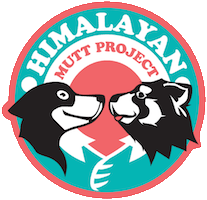

DOG EAT DOG
Dogs injure wildlife, livestock, and other dogs too. HMP treated several dogs for wounds from fights during our 2014 neutering and...


Making "scary" surgery safe
Many of the communities we work with do not have a culture of medicine. For you and I, when we seek medical advice or intervention, we...


CROWDFUNDING FOR MUTTS
Our first Pozible fundraiser ran for three months from January 2014, and gave us the crucial support we needed to make this unprecedented...


WE DO WHAT WORKS
Our challenges though big are not insurmountable. We want to keep things simple and effective by using methods and strategies that...






























